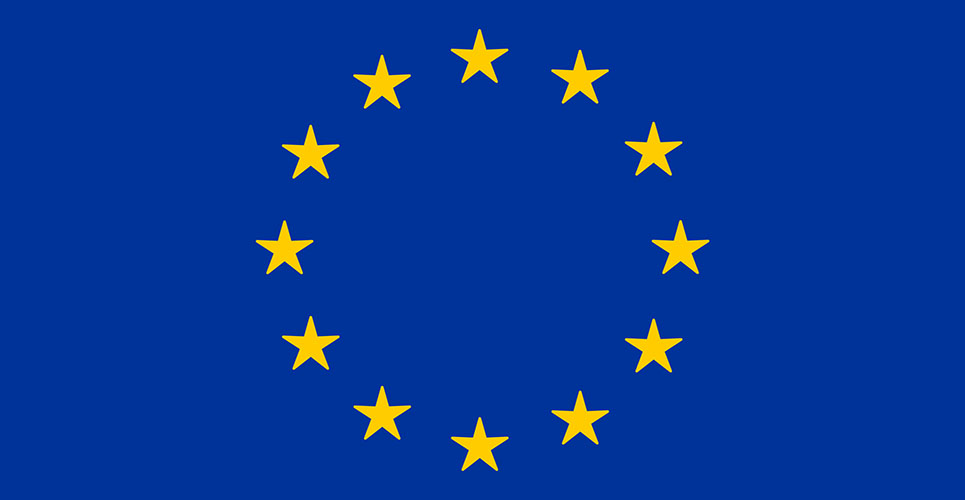teaser
The European Medicines Agency’s (EMA) Management Board adopted a number of important policies at its 68th meeting.
The board endorsed the new EMA policy on handling of conflicts of interests, introducing a more efficient, robust and transparent process ensuring that scientific committee members and experts participating in the Agency’s activities have no interests in the pharmaceutical industry which could affect their impartiality.
Involvement in the Agency’s activities means all activities carried out at the Agency in the context of the authorisation and surveillance of medicines for human and veterinary use. This includes meeting attendance, involvement in the scientific assessment and guidance development, as well as participation in inspections.
The new policy addresses experience with the handling of conflicts of interests gained since the establishment of the Agency in 1995 and the initial policy set up in 2004. It also answers demands for the Agency to strengthen its handling of conflicts of interests, whilst ensuring that the best scientific expertise is involved in the assessment process.
The new policy will be published next week.

Agency policy on access to documents
The board endorsed a new policy that defines how the EMA deals with written requests for access to documents related to medicines for human and veterinary use originated, received or held by the Agency (i.e. reactive disclosure). The policy also sets out how the Agency in future will proactively disclose such documents.
This policy takes into account the outcome of the EMA public consultation and recommendations made by the European Ombudsman and will ensure the widest possible access to EMA documents. Some documents or part of them may have to be redacted prior to disclosure, to protect commercially confidential information and personal data. When responding to requests for access to documents, the Agency will apply the principle of proportionality to avoid jeopardising the performance of the Agency’s core tasks.
The policy is now being finalised and will be published in the first week of November 2010, and will come into force at time of publication.
Agency mid-year report 2010
The board noted the mid-year report 2010, which confirms that the majority of activities are on target. The rate of submission of initial applications for new and generic medicines for human use has been slow so far. Most applications are expected to be submitted by the end of the year, some others have been delayed until 2011. Workload has significantly increased above predicted levels in a number of areas (in some cases by 45%). This includes Type IB variations for human medicines, paediatric investigation plans and waiver requests, initial parallel distribution notifications, veterinary initial marketing authorisation applications and veterinary scientific advice, as well as GCP/pharmacovigilance inspections.
The board noted that the successful introduction of the minor use minor species (MUMS) policy for classification and incentives for veterinary medicines in September 2009 has contributed to the increase in veterinary applications.
Amendments to fees payable to the Agency
The board adopted amendments to the implementing rules on fees paid to the Agency in relation to extensions of marketing authorisation, Type II variations, annual fees, variations to plasma master files and vaccine antigen master files. Amongst other changes, the amendments introduce a reduced fee for each additional strength/potency of the same pharmaceutical form in the same extension application, as well as for the third and subsequent Type II variations in a grouping or worksharing application.

